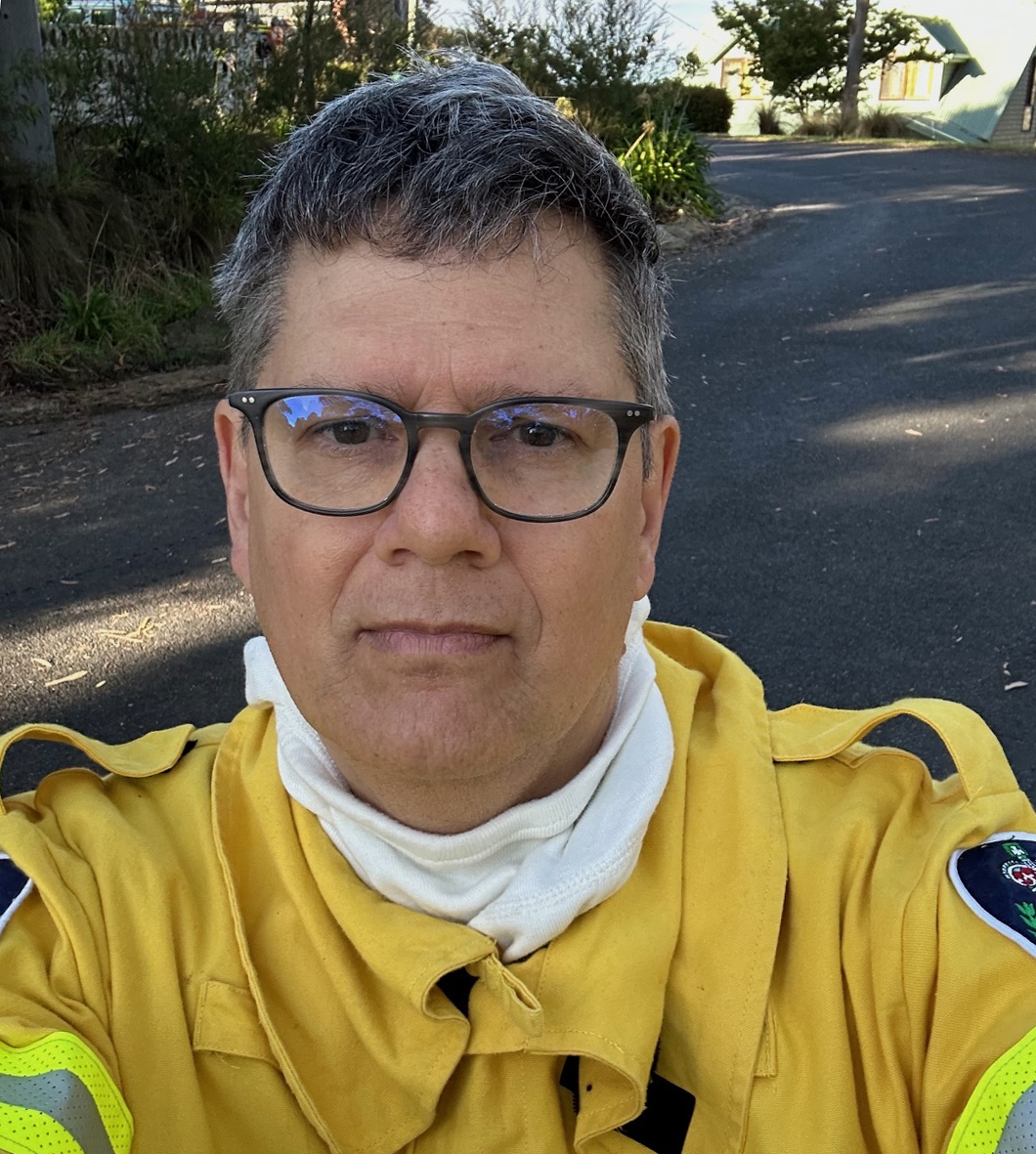
My Expertise
Professor Thomas is a medical oncologist specialising in precision medicine, and in sarcomas.
Keywords
Fields of Research (FoR)
Genomics, Cancer geneticsSEO tags
Biography
Prof David Thomas is the inaugural Director of the Centre for Molecular Oncology at the University of New South Wales, and Chief Science and Strategy officer for Omico. As a clinician-scientist, his focus is on the application of genomic technologies to the understanding and management of cancer, particularly sarcoma. He established the not-for-profit company Omico to lead a national precision medicine program for patients with rare and early...view more
Prof David Thomas is the inaugural Director of the Centre for Molecular Oncology at the University of New South Wales, and Chief Science and Strategy officer for Omico. As a clinician-scientist, his focus is on the application of genomic technologies to the understanding and management of cancer, particularly sarcoma. He established the not-for-profit company Omico to lead a national precision medicine program for patients with rare and early onset cancers. Prof Thomas founded the Australasian Sarcoma Study Group, a national research organisation, and established Australia’s leading adolescent and young adult cancer unit at the Peter MacCallum Cancer Centre. Prof Thomas founded and leads the International Sarcoma Kindred Study, the largest ever conducted study of genetic factors in sarcoma, now recruiting from 23 centres in the US, UK, France, India, South Korea, New Zealand and Australia. He led the first international study of denosumab in Giant Cell Tumor of bone, leading to FDA and TGA approval. He also co-led a meta-analysis of whole body MRI screening for patients with Li-Fraumeni syndrome, changing clinical practice guidelines from the NCCN, AACR and EviQ in Australia. He has over 250 research publications, including lead or senior author papers in Science, Cancer Cell, Molecular Cell, Journal of Clinical Investigation, Lancet Oncology, JAMA Oncology, and Journal of Clinical Oncology. In 2018, he was President of the Connective Tissue Oncology Society, the peak international body in his field.
My Qualifications
1988: Bachelor of Medicine and Surgery (University of Melbourne)
1997: Doctorate of Philosophy (University of Melbourne)
1997: Fellowship of the Royal Australasian College of Physicians.
My Awards
Awards and honours (past 10 years)
2014: Raine Visiting Professorship, University of Western Australia
2016-22: NH&MRC Principal Research Fellow
2018: David Danks Lecturer, Murdoch Children’s Medical Research Institute
Kidson Lecturer, Queensland Institute of Medical Research
President, Connective Tissue Oncology Society
Named honor: Desai Thomas Award for Excellence in Sarcoma Research (inaugurated 2018)
2020: Herman Suit lecturer, Connective Tissue Oncology Society
2021: NHMRC Level 3 Investigator grant
2021/22: PWC Pearls Series: Emerging leaders in Sydney’s business community
2023: Australian and New Zealand Sarcoma Association, Outstanding Contribution Award
2024: National Press Club address: Cancer: the modern plague
2024: NSW Premiers Outstanding Cancer Researcher of the Year
2024: French-Australian Excellence Award in Health and Wellbeing
2024: Health Industry Hub Medical Excellence
My Research Activities
As a clinician-scientist, I apply genomic technologies to the understanding and management of cancer. I founded and lead the International Sarcoma Kindred Study, the largest ever conducted study of genetic factors in sarcoma, having recruited from 23 centres in the US, UK, France, India, South Korea, New Zealand and Australia. I established Omico, a Federally-funded national precision oncology platform which focuses on using genomics to develop biomarker-dependent clinical trials infrastructure, and genetically stratified risk management. Omico has enabled more than 15,000 Australians with advanced cancer to access genomic profiling, and also matched targeted therapies through clinical trials. I am also interested in the genetics of early onset cancers, and the derived opportunities for wellness management of survivors. We are also interested in understanding fundamental aspects of cancer biology, for example, the relationship between site of origin and the molecular pathways which are deranged in related cancers. In general, all of these programs are directed towards improving outcomes for cancer patients and their families, and integrating these solutions into routine healthcare.
My Engagement
Conform--Rare Cancers Australia, Parliament House Canberra (29 August 2024)
National Press Club address: Cancer: the modern plague (26 June 2024)
ABC Radio National--Changing Australia: ramping up treatment access for rare and difficult cancers (13 May 2025)
ABC Australian Story--Love Your Sister and Sam Johnson (19 May 2025)